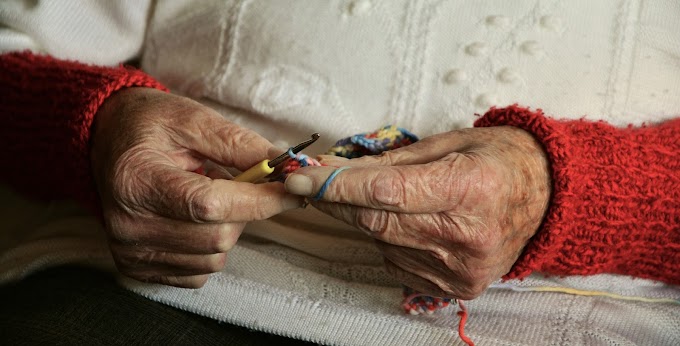A cardiac biomarker test, also known as a cardiac enzyme test or cardiac marker test, is a blood test that measures specific substances released into the bloodstream when there is damage or stress to the heart muscle.
These biomarkers provide valuable information about cardiac health and are particularly useful in diagnosing and assessing conditions such as heart attack, heart failure, or other forms of heart disease.
The most commonly measured cardiac biomarkers include:
Troponin:
Troponin is a protein released into the bloodstream when heart muscle cells are damaged. It is considered the most sensitive and specific biomarker for diagnosing a heart attack (myocardial infarction). Elevated troponin levels can be detected within a few hours after a heart attack and can remain elevated for several days.
Creatine kinase-MB (CK-MB):
CK-MB is an enzyme primarily found in heart muscle cells. Elevated levels of CK-MB in the blood can indicate damage to the heart muscle, particularly during a heart attack. However, troponin has largely replaced CK-MB as the preferred biomarker due to its higher specificity.
Myoglobin:
Myoglobin is a protein found in the heart and skeletal muscle cells. Elevated myoglobin levels can be detected early after heart muscle damage and may be used as an additional biomarker in the diagnosis of a heart attack. However, myoglobin is less specific than troponin and is often used in conjunction with other markers.
B-type natriuretic peptide (BNP) or N-terminal pro-BNP (NT-proBNP): BNP and NT-proBNP are released in response to increased pressure or stress on the heart, particularly in cases of heart failure. Elevated levels of BNP or NT-proBNP in the blood can indicate heart failure and can help assess the severity and prognosis of the condition.
Cardiac biomarker tests are typically performed in individuals with symptoms suggestive of a heart condition, such as chest pain, shortness of breath, or palpitations. The tests aid in the diagnosis, risk stratification, and management of cardiovascular diseases. Serial measurements of cardiac biomarkers may be taken over time to monitor changes and assess the effectiveness of treatment.
It's important to note that the specific biomarkers tested and the interpretation of results may vary depending on the healthcare provider and the situation. Therefore, it's essential to consult with a healthcare professional for a comprehensive assessment and interpretation of cardiac biomarker tests.
If you have a question or comment or any discussion, please call or send a message.
Our Address:
Hope Diagnostics and Research Laboratory
Unit-3, 34, behind Ram Mandir, Ekamra Vihar, Kharvela Nagar, Bhubaneswar, Odisha 751001
Call Us: 09238582444 / 7894132927









